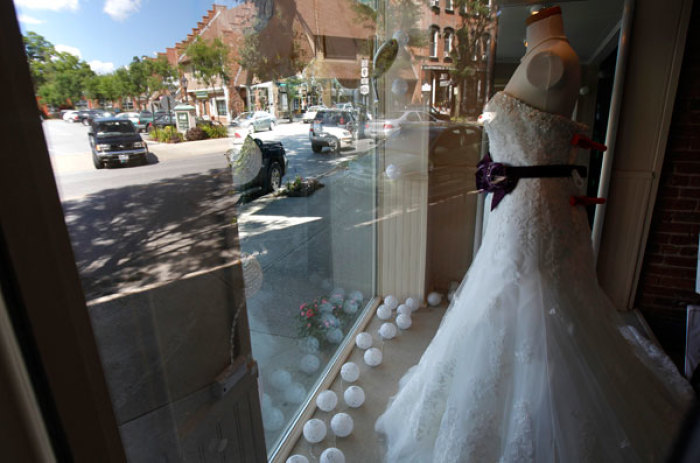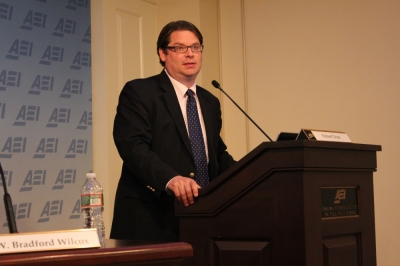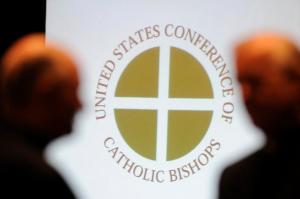Lower Middle Class Hurt Most by Gov't Marriage Penalties, Study Finds

Government policies that penalize marriage hurt lower middle class families the most, leading many to avoid getting married, a new study released Tuesday discovered.
In an Institute for Family Studies and American Enterprise Institute joint report titled "Marriage, Penalized: Does Social-Welfare Policy Affect Family Formation?" scholars W. Bradford Wilcox, Joseph P. Price, and Angela Rachidi, examine the effects of means-tested government programs like Medicaid and food stamps on marriage rates.

Senior Fellow at IFS and lead contributor to the report Brad Wilcox told The Christian Post in an interview that their research indicates that "the welfare state is reaching higher up the income ladder than it used to."
Today, "nearly half of new families [are] receiving some kind of means-tested benefit," Wilcox said.
Their study does not show that marriage penalties discourage marriage among the poorest families in the United States though there is "some evidence suggesting welfare might be penalizing marriage among the lower middle class," Wilcox continued.
"Because the income limits for receiving some benefits like Medicaid and food stamps have been raised in recent years, marriage penalties increasingly apply to families in the lower middle class," the report states.
The penalties those families face are sometimes quite steep, "reaching up to one-third of their combined income" and the costs "are especially severe when programs decide a cohabiting couple's eligibility based on just one partner's income rather than the joint income of the couple."
CP asked contributing scholar Angela Rachidi of AEI if she found any evidence that such welfare policies are purposefully designed to keep people down and disincentivize marriage.
"In my research, I have not found any evidence that public policies intentionally try to keep people poor," Rachidi said in an email statement to CP, adding, "but many of our safety net policies aimed at low-income populations send the wrong message about marriage and in some cases may actually reduce it. Consequently, these policies may contribute to poverty, whether intentionally or not."
The scholars conclude their findings by offering a number of policy suggestions to tackle the problem, among them offering annual, refundable tax credits to married couples with children younger than 5, to compensate them "for any loss in means-tested benefits associated with marrying, up to $1,000."
The lower middle classes not marrying echoes a theme in the political scientist and fellow AEI scholar Charles Murray's 2012 book Coming Apart: The State of White America.
Murray argues that most Americans do not see the domestic political landscape accurately, particularly with regard to the lack of value for marriage and the moral breakdown that underpins it. CP interviewed Murray on February 2012 to inquire about this phenomenon.
"Suppose you went to working class America 50 years ago and asked them about marriage, for example. I think you would have found a fairly clear statement that, yes, people ought to get married and marriage is the family's most important thing — family referring to father, mother, taking care of kids, and so forth. You would have found a fairly clear, broad understanding of what marriage is all about and why people should participate in it," Murray said.
"If you go to the working class now and ask that same question, you'll get a blank stare, or you'll get statement of, "well, you know, lots of marriages break up and it's just a legal fiction anyway."
"You'll get much less of an understanding of the role of marriage in a community, and probably the same thing goes for religiosity," he continued.




























